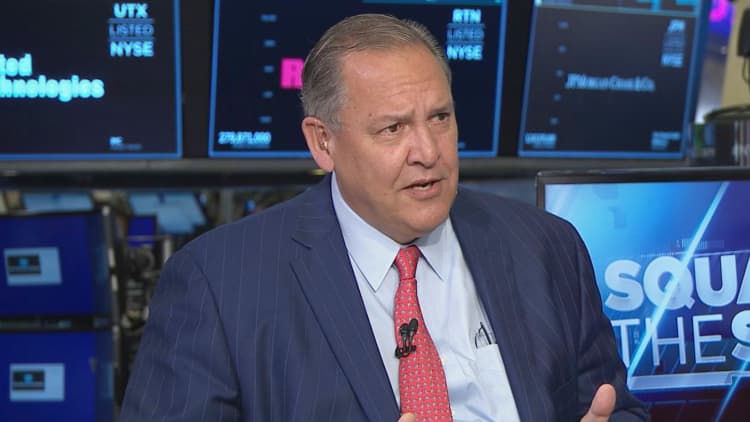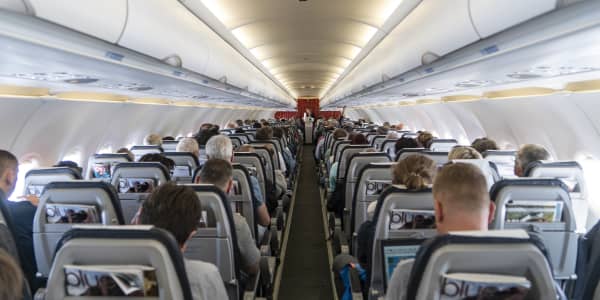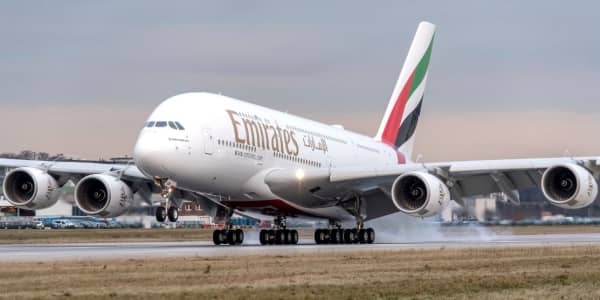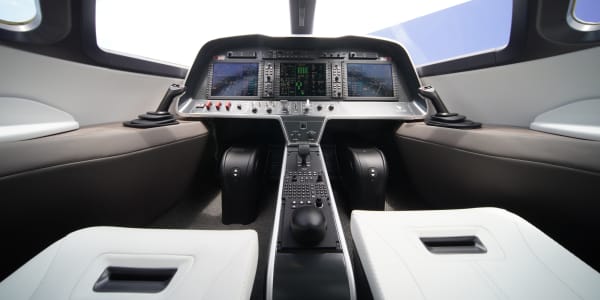Aerospace and defense giant United Technologies says it's working to put a hybrid-electric turboprop airplane into the sky within three years.
Dubbed "Project 804," United Technologies has said its aim is to enable certified hybrid-electric regional travel within 10 years. Regional airlines typically do shorter flights into smaller airports that the mainline carriers can't fit bigger planes into.
Speaking at the Paris Air Show Monday, the chief technology officer of United Technologies, Paul Eremenko, told CNBC that the notion of hybrid propulsion is very similar to what you might have in an automobile.
"In the case of Project 804 we're basically taking a commuter regional turboprop airplane and we're making it such that during take-off and climb, about half the energy is supplied electrically and about half of the supply is maintained by the engine," he said.
Eremenko added that energy would be replenished back into the battery during the descent, which could be used in case a landing was not completed properly.
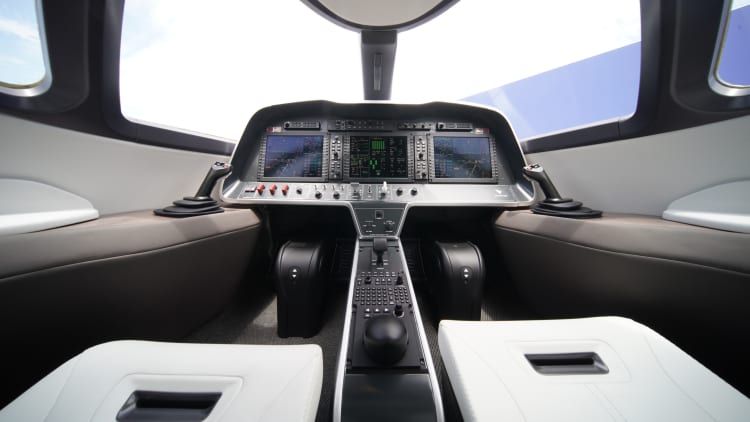
The project, scheduled to fly in 2022, will solely be a technology demonstrator and would center around an aircraft that could be used as a city hopper.
The design is premised on a mid-sized regional turboprop, using a typical existing airframe, control systems and propellers but adding in new battery technology and a 2-megawatt hybrid-electric propulsion system.
The test-bed plane will only swap out one traditional engine, so initial flights can be conducted in a safer manner.
Eremenko said the ultimate aim of the project is to attempt to secure as much as a 30% fuel saving on shorter flights, which he described as "huge in an industry trying to shave 1 or 2%."
United Technologies is set to merge with Raytheon in a mega deal to become the second-largest aerospace and defense company in the U.S., after Boeing, with an estimated $74 billion in sales.
The firm has said the new combined organization will work closely with all major plane builders and there would be no preferential treatment between the likes of Boeing and Airbus as the aircraft would be "platform agnostic."
Now watch: United Technologies CEO Greg Hayes on the Raytheon merger
